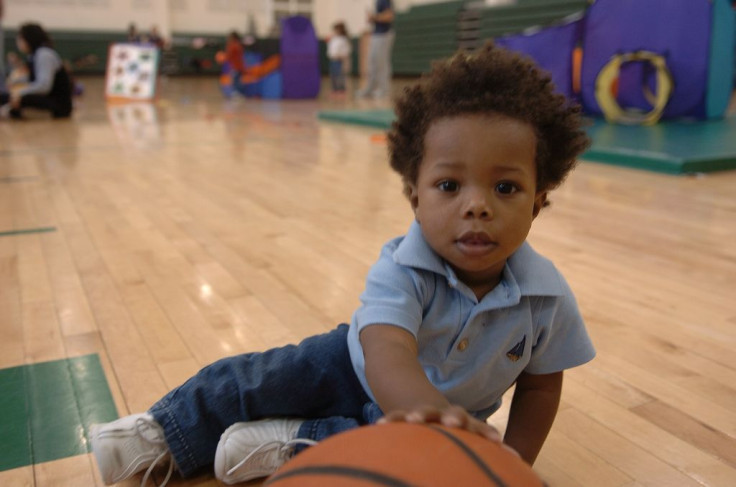Pediatricians Advised To Screen Children For Motor Skill Delays During Check Ups

A new study suggests pediatricians should screen children for motor skill delays in order to promote early detection and provide faster therapy, reported Reuters.
The clinical report conducted by panelists at the American Academy of Pediatrics (AAP) was published in the June 2013 issue of Pediatrics, and says screening for motor skill development should include trouble sitting, standing, and speaking at well-child visits. This task, normally performed by specialists, should also extend to primary care setting for a timely diagnosis and better outcomes.
"Identifying children with delays and motor abnormalities, theoretically or hopefully would set them on a better trajectory," Meghann Lloyd, research associate specializing in motor development at the University of Ontario Institute of Technology and who was not part of the study, told Reuters.
The research led by Drs. Gary Noritz and Nancy Murphy of AAP's neuromotor screening panel says that certain motor skills should have developed by ages nine, 18, 30 and 48 months.
At nine months, a baby should have the ability to roll, sit without extra support, and have a grip on objects. At 18 months, the infant should walk, sit, and stand on his or her own.
"We hope this approach will shorten the 'diagnostic odyssey' encountered by many children with motor delays, and more quickly get these children to appropriate specialists for treatment," said Noritz, co-author of the report and pediatric expert at Nationwide Children's Hospital in Ohio.
But a delay by a couple of months shouldn't worry parents because kids vary differently. It's only when the delays are longer and in conjunction with several motor skill problems that parents should consult the child's pediatrician.
Other red flags could be if the child experiences tremors, rigidity, or recurring motor movement problems.
Well-child visits are crucial to examine a child's development. Pediatricians are advised to ask parents open-ended questions and spot signs of delay and motor skill loss. Head size, muscle tone, reflexes, and eye movements should also be closely examined.
However, parents don't have to sit back and wait for critical motor skills to develop whether or not they're seeking other treatments. They're encouraged to enroll them early in childhood motor lab programs called Kindergym. Less serious delays could also progress with physical or occupational therapy.
Source: Noritz GH, Murphy NA. Motor delays: Early identification and evaluation. Pediatrics. 2013.



























